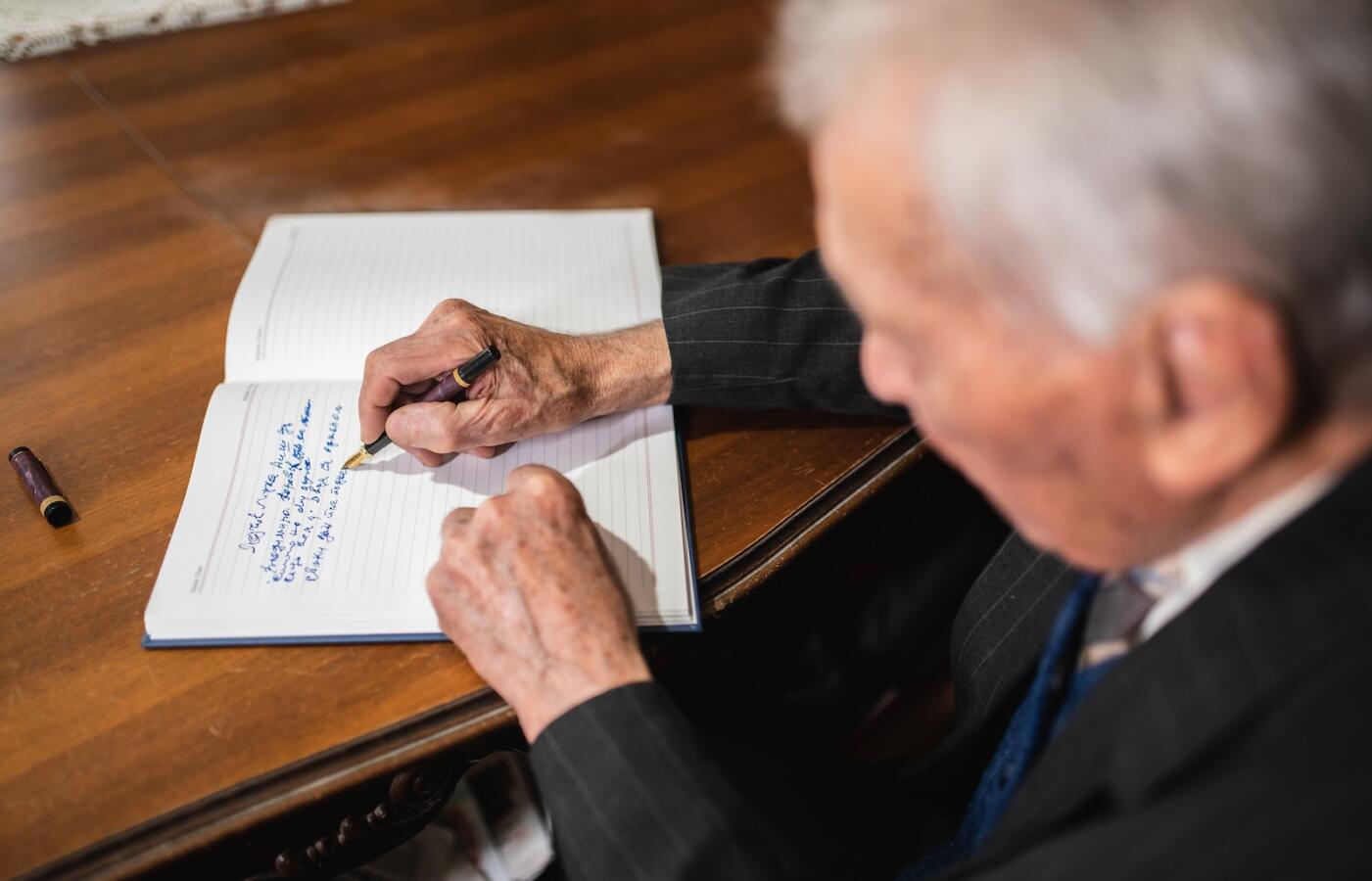Commentary on Parashat Ki Tavo, Deuteronomy 26:1-29:8
This week’s Torah portion opens with Moses issuing instructions to the Israelites ahead of their imminent arrival in the promised land. The first of these is to make an offering to God from the first fruits they harvest in the land. Moses goes on to offer further instructions regarding tithes, writing the Torah on stones, building an altar and more. Each of these instructions have further details, but the larger message is clear: Moses wants to make sure the people understand what is expected of them after he dies. He (and we) learned back in Parashat Chukat that he will not enter the land with his people.
How can Moses possibly have the presence of mind to instruct the people to do the things that he himself will not be able to do? What does it mean to recognize your own end is imminent while you are still fulfilling your responsibilities in this lifetime? Moses’ actions show us that even when we recognize the limits of our own lives, it is still possible to offer instruction, to teach those who will outlive us, using the values that have animated our lives as a guide.
Some of us may recall similar teachings we have received from those close to us who have died. Were those lessons explicit, said aloud, or written down in the form of an ethical will? Or were they implied by the way the deceased lived their lives? Think of the charities people choose for donations in memory of the dead. Is there a charity you support that you want your survivors to continue to support in your memory? What causes do we support because we learned of their importance from someone who has died?
A number of articles in the news have described recipes found on gravestones. Leaving a recipe engraved in stone is certainly one way to communicate specific instructions beyond our lifetime. In some cases, the instructions may have been communicated by the person before their death; in others, it is a way to memorialize instructions received from someone we wish to remember through the gift of their food. The act of communicating instructions for after one’s lifetime while one is still alive takes great strength.

Help us keep Jewish knowledge accessible to millions of people around the world.
Your donation to My Jewish Learning fuels endless journeys of Jewish discovery. With your help, My Jewish Learning can continue to provide nonstop opportunities for learning, connection and growth.
I think of a funeral I attended some years ago of a mother of school-aged children who died of breast cancer. Knowing she would not live to see her children grow up, learn to drive, graduate from high school, or fall in love for the first time, she left a box of letters to be read on such occasions. She wanted to offer her own reflections, or maybe even instructions, to each of her children after her lifetime.
These examples all serve to remind us of the ways we can continue to learn from those who are no longer alive or who will soon die. As we head toward the end of Moses’ story, his instructions to the people allow his values to live on.
This article initially appeared in My Jewish Learning’s Reading Torah Through Grief newsletter on September 21th, 2024. To sign up to receive this newsletter each week in your inbox, click here.
Looking for a way to say Mourner’s Kaddish in a minyan? My Jewish Learning’s daily online minyan gives mourners and others an opportunity to say Kaddish in community and learn from leading rabbis.




